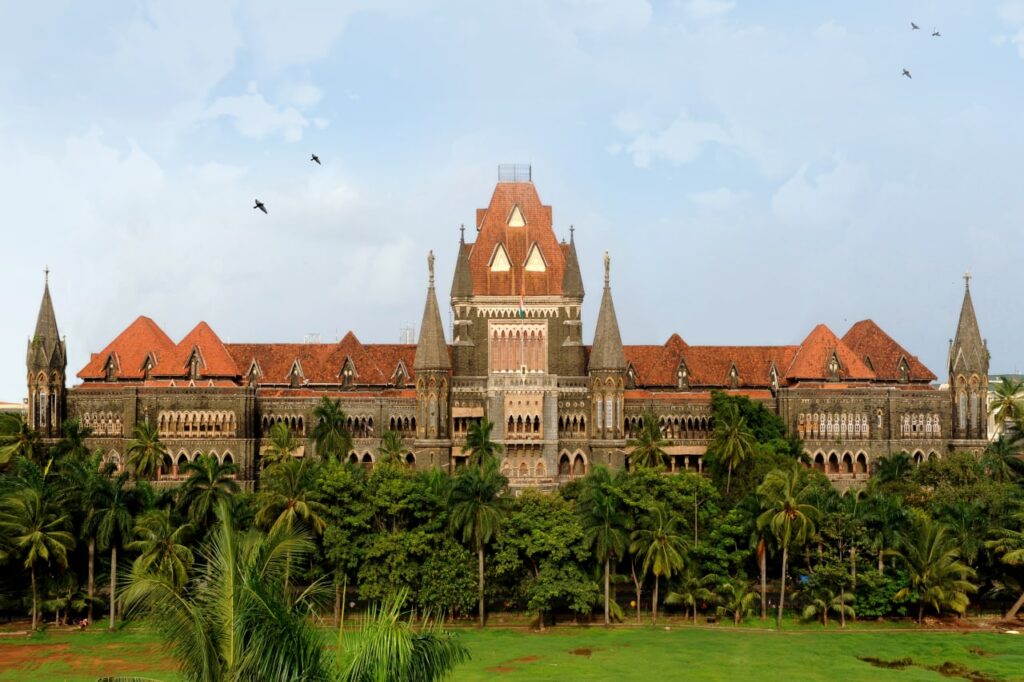Daughter Cannot Claim Her Late Father’s Property If He Died Before 1956, Leaving a Wife and Daughter: Bombay High Court.

The Bombay High Court has ruled that a daughter cannot claim any rights to her deceased father’s property if he passed away before 1956, leaving behind both a widow and a daughter. The Court needed to decide if a daughter could inherit any rights, whether limited or full, to her father’s property if he died before the Hindu Succession Act of 1956 was enacted. Justices A.S. Chandurkar and Jitendra Jain concluded that a daughter would not have any inheritance rights, either limited or full, to her father’s property if he died before 1956, while leaving behind a widow and a daughter.
The daughter from the father’s first marriage had sued for half of her father’s assets. However, the trial court rejected her claim, stating that under the Hindu Women’s Right to Property Act of 1937, only the widow could inherit the property, thus becoming the sole owner in 1956. The Court pointed to Section 3(1) of the Hindu Women’s Right to Property Act, 1937, which states that “his widow, or if there is more than one widow, all his widows together, shall… be entitled… to the same share as a son.” The Bench observed that this provision does not grant any inheritance rights to the daughter, indicating that if the lawmakers had intended to give daughters inheritance rights in 1937, they would have included it in Section 3.
The Court mentioned that to understand this case, we need to think about the time before 1956 and before Independence. This is important because we are deciding on an inheritance right that arose after a male family member passed away before 1956. The Court pointed to the “Notes on Clauses” from Bill No. XIII of 1954, which aimed to change and organize the laws about inheritance for Hindus. This led to the Hindu Succession Act of 1956, which for the first time included daughters as Class I heirs in the list of preferred heirs. The Court also noted that while expert opinions on inheritance should not be treated as law, they can help us understand the practices that existed before the law was established.
Cause Title: Radhabai Balasaheb Shirke (D) & Ors. v. Keshav Ramchandra Jadhav & Ors. (Neutral Citation: 2024:BHC-AS:43314)








